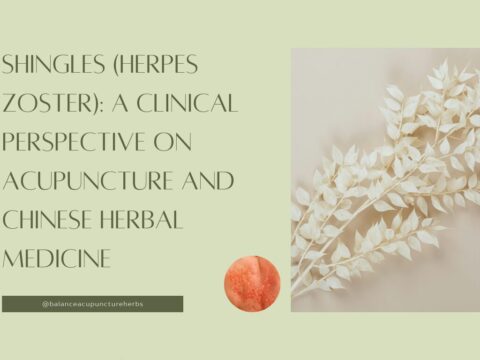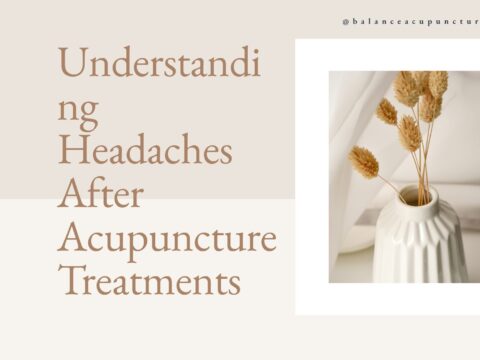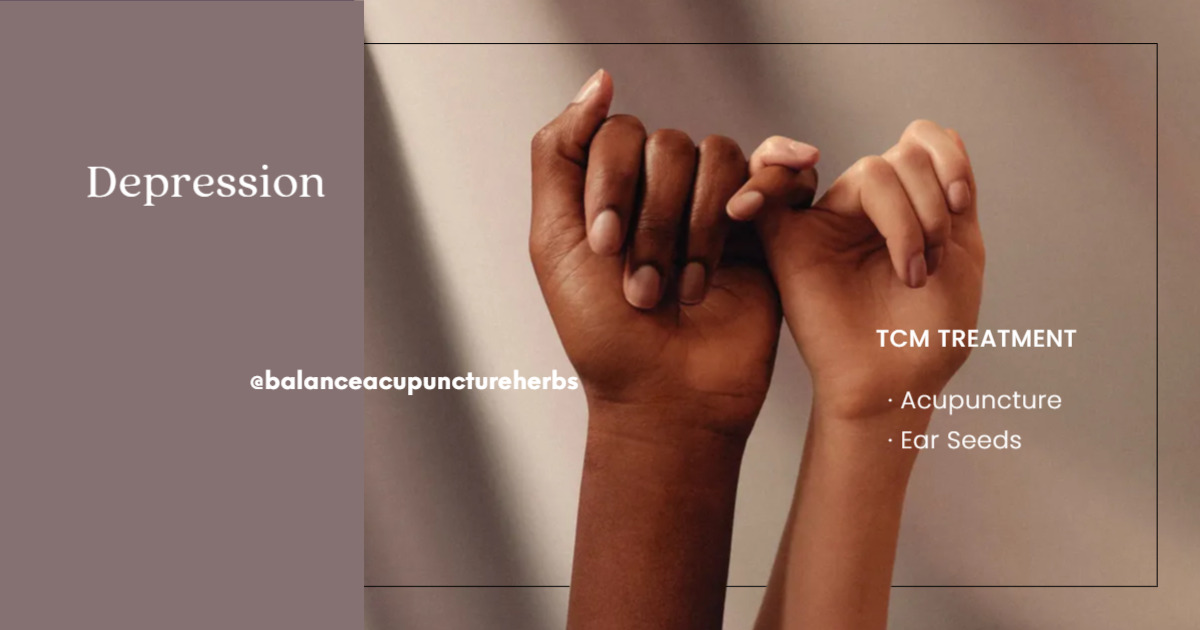
[Depression ] Acupuncture for Depression
July 7, 2022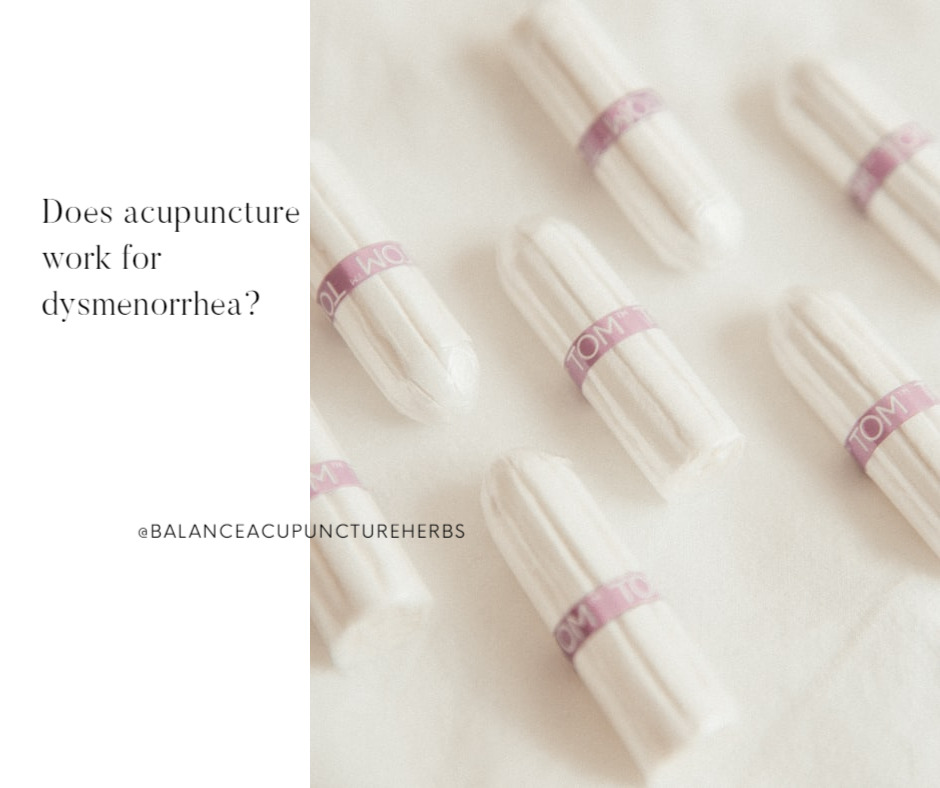
[Dysmenorrhea] Does Acupuncture Work for Dysmenorrhea?
August 8, 2022|
Getting your Trinity Audio player ready...
|
Allergic rhinitis is recurrent. Why not try acupuncture?
Allergic rhinitis is one of the recurring illnesses that has plagued many patients for a long time. The primary treatment is to avoid allergens and use anti-allergic drugs, but the symptoms are often repeated once the medication is stopped. Acupuncture and moxibustion in treating allergic rhinitis have a significant effect, whether in acute attack or remission. Since 2015, the American Academy of Otolaryngology has recommended acupuncture to treat allergic rhinitis.
What is rhinitis?
Allergic rhinitis is an allergic disease. The main clinical manifestations are episodic nasal itching, nasal congestion, sneezing, runny nose, nasal mucosa edema, paleness, and turbinate enlargement.
In life, many people suffer from rhinitis. Every winter and spring are the peak periods of nasal diseases such as rhinitis and allergic rhinitis. Various pollutants contained in the air pose a massive threat to the human respiratory tract. Perhaps rhinitis is not a severe disease, but often nasal congestion and runny nose will bring much inconvenience to daily life, and many people suffer from rhinitis all year round. Many people take medicine or nasal spray for treatment, but some can’t persist. Rhinitis is refractory and bothers us all year round.
What should I do?
The World Health Organization meeting in Milan, Italy, in 1996 proposed 64 indications for acupuncture. Allergic rhinitis is one of the main advantages of acupuncture.
Since 2015, the American Academy of Otolaryngology has recommended acupuncture to treat allergic rhinitis. Modern research shows that when acupuncture can indirectly desensitize and improve nasal ventilation, it has a good effect on allergic rhinitis.
Treatment method of acupuncture
For allergic rhinitis and sinusitis, acupuncture has the specific effect of clearing the orifices and stopping nasal discharge. Combined with some neck acupoints, they can achieve the effect of regulating yang qi.
It is wrong to think symptom relief means a cure for patients with recurrent rhinitis. Short-term treatment cannot fill the lack of yang qi, and continuous treatment is required for effect to last. Generally, stable curative effect, choose two to three times a week for treatment, ten times as a course of treatment. Treatment can then be adjusted based on symptoms.
Everyday health care
1. Press Yingxiang (LI20) Point: Yingxiang Point is located in the slight depression on the side of the root of the nose. After finding the point, press this point with the index finger or middle finger. The strength is suitable for a bit of soreness. Press for about 3 minutes each time. If the symptoms are severe, you can press repeatedly and increase the pressing frequency.
2. Kneading the alars of the nose: After rubbing the thenar with both hands until it becomes hot, stick it on both sides of the nose, and rub back and forth along the root of the nose to the Yingxiang (LI20) point. Relief and breathing will naturally become smoother.
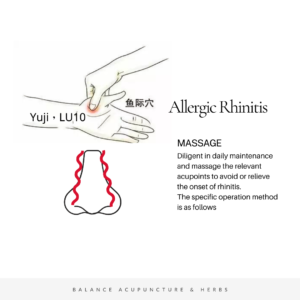
Daily prevention
1. Reduce allergen exposure
It is recommended that you wear a mask outdoors as much as possible to reduce the inhalation of allergic substances in the air, clean the home regularly, and dry the quilt to reduce the number of dust mites. In addition, air conditioner filters are a significant source of allergens and should be cleaned frequently.
2. A reasonable and balanced diet
Eat more fresh vegetables and fruits, and eat less seafood and spicy food. Avoid tobacco, alcohol, cold food.
3. Strengthen physical exercise and improve immunity
It is usually necessary to strengthen activities, such as jogging, swimming, and other endurance training, to enhance physical resistance, prevent colds, and carry out targeted breathing exercises.
Reference:
Brinkhaus, Benno et al. “Akupunktur bei Schmerzerkrankungen und Allergien – von der klinischen Erfahrung zur Evidenz” [Acupuncture for pain and allergic rhinitis-from clinical experience to evidence]. Bundesgesundheitsblatt, Gesundheitsforschung, Gesundheitsschutz vol. 63,5 (2020): 561-569. doi:10.1007/s00103-020-03127-6
Seidman, Michael D et al. “Clinical practice guideline: Allergic rhinitis.” Otolaryngology–head and neck surgery : official journal of American Academy of Otolaryngology-Head and Neck Surgery vol. 152,1 Suppl (2015): S1-43. doi:10.1177/0194599814561600
Yin, Zihan et al. “Acupuncture methods for allergic rhinitis: a systematic review and bayesian meta-analysis of randomized controlled trials.” Chinese medicine vol. 15 109. 12 Oct. 2020, doi:10.1186/s13020-020-00389-9
Bao, Haipeng et al. “Acupuncture for the treatment of allergic rhinitis: A systematic review protocol.” Medicine vol. 97,51 (2018): e13772. doi:10.1097/MD.0000000000013772
He, Min et al. “Acupuncture for allergic rhinitis: a systematic review and meta-analysis.” European journal of medical research vol. 27,1 58. 25 Apr. 2022, doi:10.1186/s40001-022-00682-3
Yang, Jun et al. “The effectiveness and safety of acupuncture for allergic rhinitis: Protocol for an overview of systematic reviews and meta-analyses.” Medicine vol. 99,29 (2020): e21225. doi:10.1097/MD.0000000000021225
Allergies and Hay Fever from CDC
Clinical Practice Guideline: Allergic Rhinitis- American Academy of Otolaryngology


